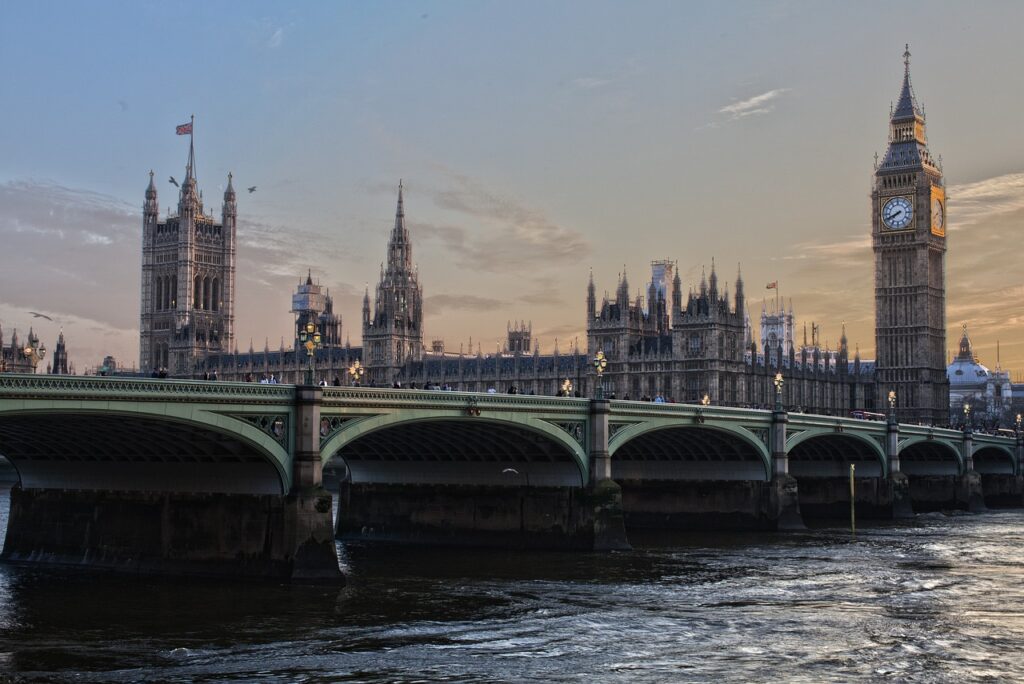The British government on Thursday announced a new definition of extremism, following a growing threat from extremists across the United States. Organizations that meet the new definition will be automatically barred from receiving government funding. A statement outlining the definition noted that the change was due to the increasing prevalence of extremist ideology in recent years, particularly after the October 7 attacks in Israel.
The new definition states that extremism includes the promotion or promotion of an ideology based on violence, hatred, or intolerance, and at least one of three objectives: The enumerated objectives are to deny or destroy the fundamental rights and freedoms of others, to undermine the UK's free parliamentary democratic system and democratic rights, or to achieve the results of his first two objectives. It means intentionally creating an environment where others are tolerant.
However, the statement includes clear reference to the fact that the legitimate exercise of individual rights, such as freedom of thought, expression, religion, and association, is not an example of extremism. the government,”The right balance needs to be struck between protecting the democratic rights to freedom of expression and religion, while at the same time protecting the British people and democratic institutions from the wider harm of extremism. ” The new definition is narrower and more precise than the previous definition, which did not provide a way to assess and identify extremism.
Unlike terrorist groups, organizations and individuals added to the list are not criminalized. In return, they will be prohibited from contacting the government and will not be able to receive government funds. Additionally, the government announced that a new unit, the Counter-Extremism Center of Excellence, has been established to collect intelligence and identify extremist groups.
A new definition and government approach to extremism was announced by British Prime Minister Rishi Sunak in a speech outside Downing Street, calling out extremists who “deliberately” seek to undermine the country's “multifaith democracy”. The announcement came just three weeks after the accusations were made.
Michael Gove, Secretary of State for Leveling Up, Housing and Communities, who led the department behind the new definition, said: Said:
Today's steps will ensure that governments do not inadvertently provide a platform for those who seek to subvert democracy and deny others fundamental rights. This is the first in a series of measures to combat extremism and protect democracy.
Public reaction to the new definition has been mixed. In the Diet deliberation following the announcement, the following was said: Zara Mohammed, from the Islamic Council of Britain, said she was concerned the government's proposals were “undemocratic, divisive and potentially illegal”. Furthermore, tJonathan Hall, the government's independent reviewer of the Terrorism Bill, said their proposals “could not be seen as democratic and could damage the UK's reputation”. There has also been criticism from the Church of England, with the Archbishops of Canterbury and York saying the new definition “risks unfairly targeting Muslim communities, where there are already heightened levels of hatred and abuse” and that it is “wrong”. It may smear people who have done so.'' .
It is unclear which groups the government proposes to classify as extremists, but it has promised to publish a list in the coming weeks and has indicated that Islamic extremists and neo-Nazi groups will be targeted.


